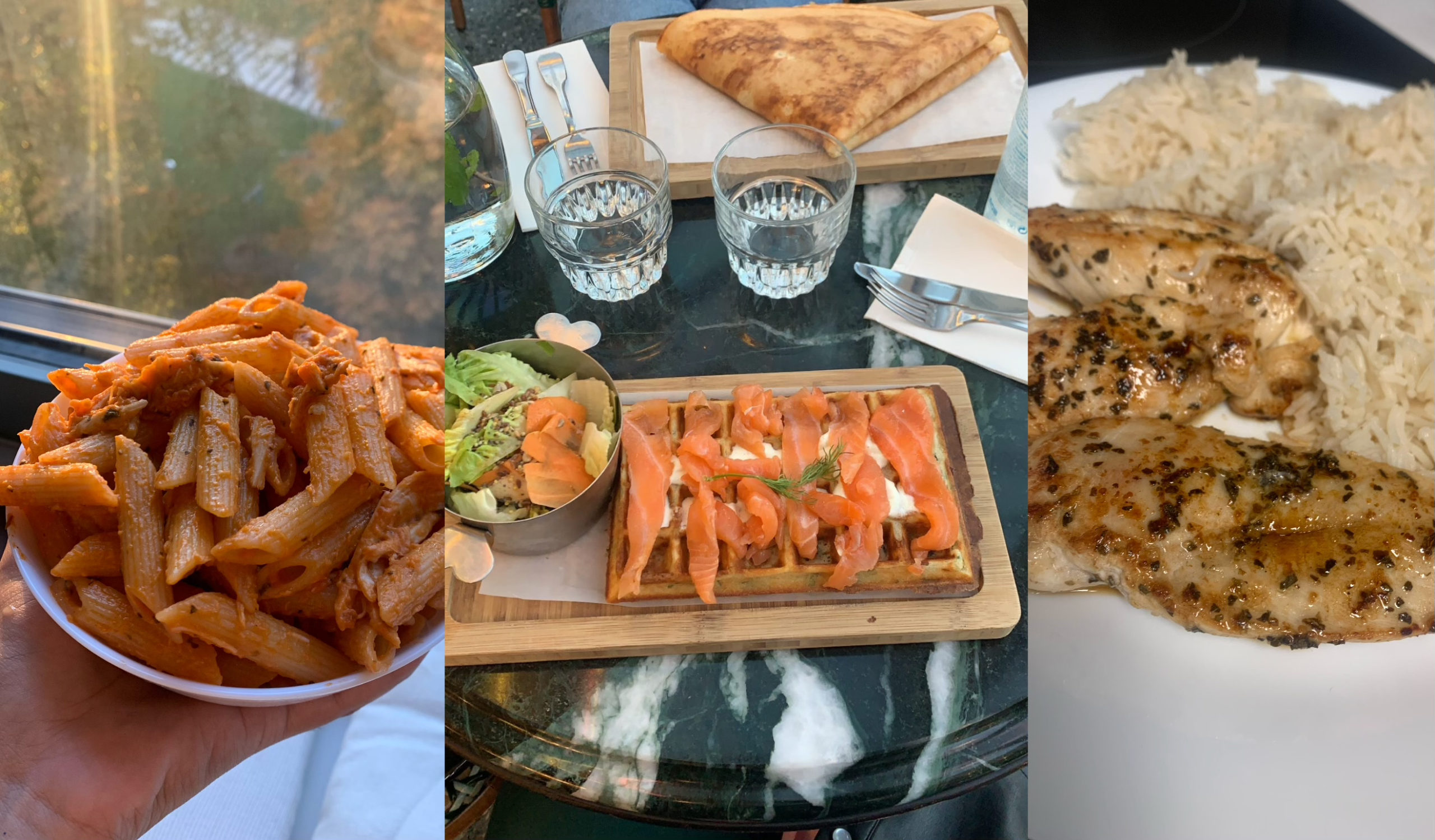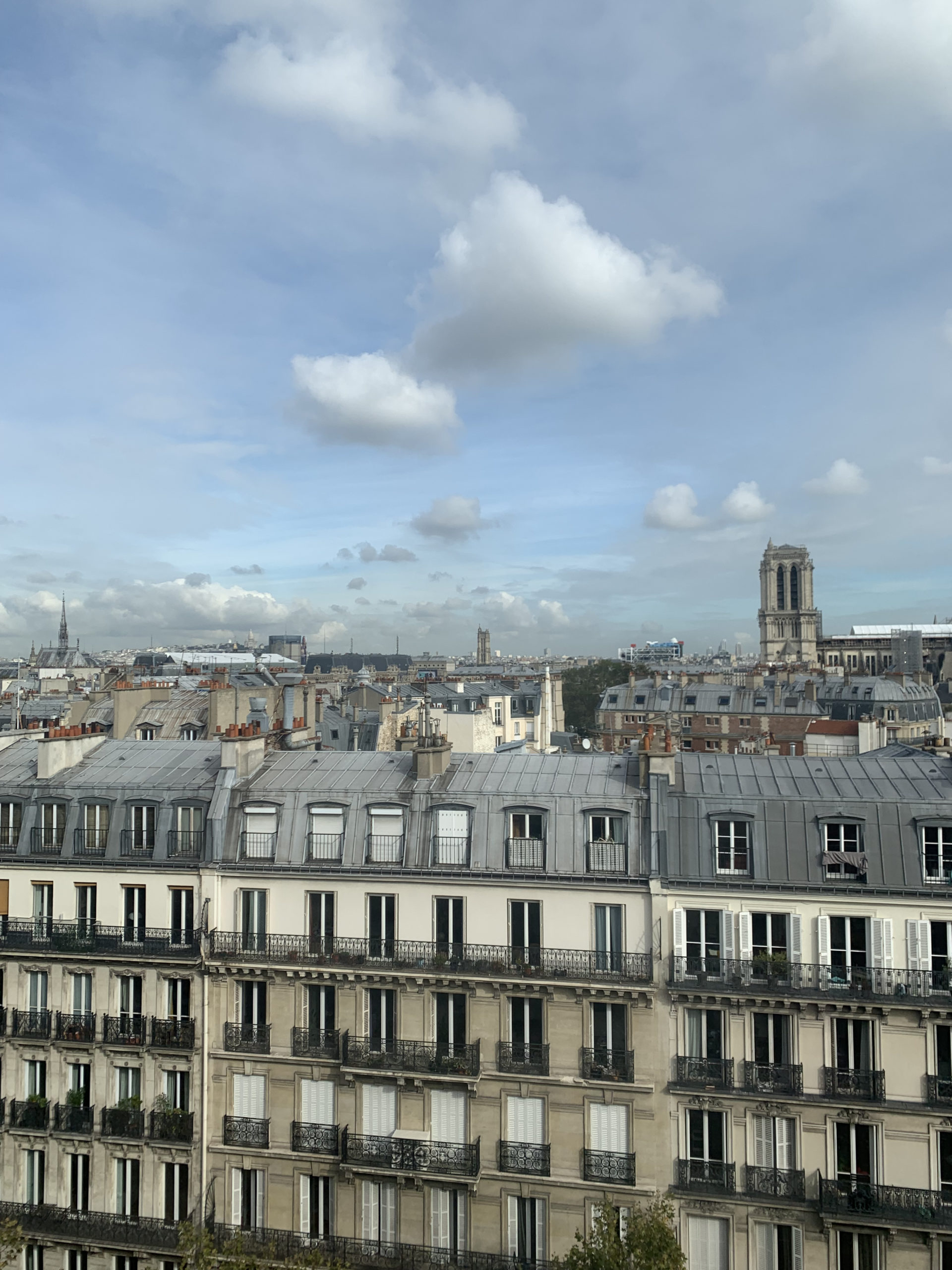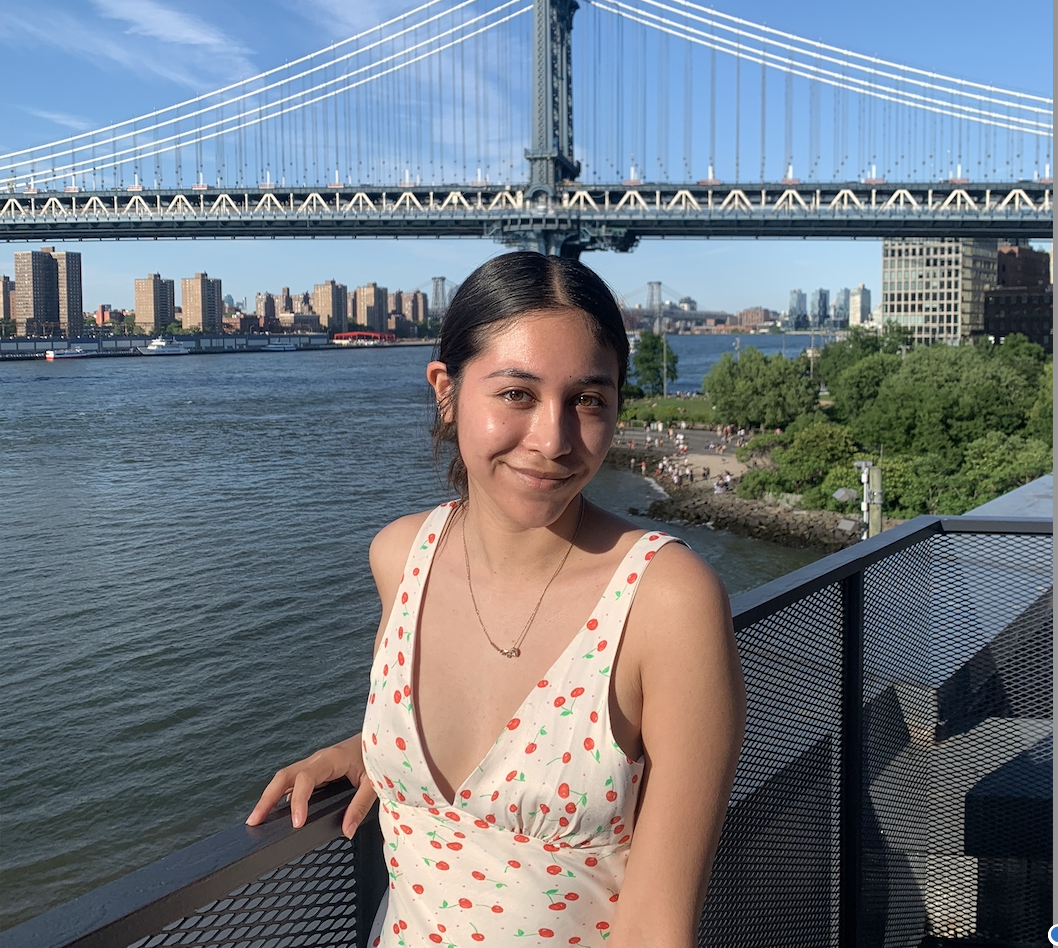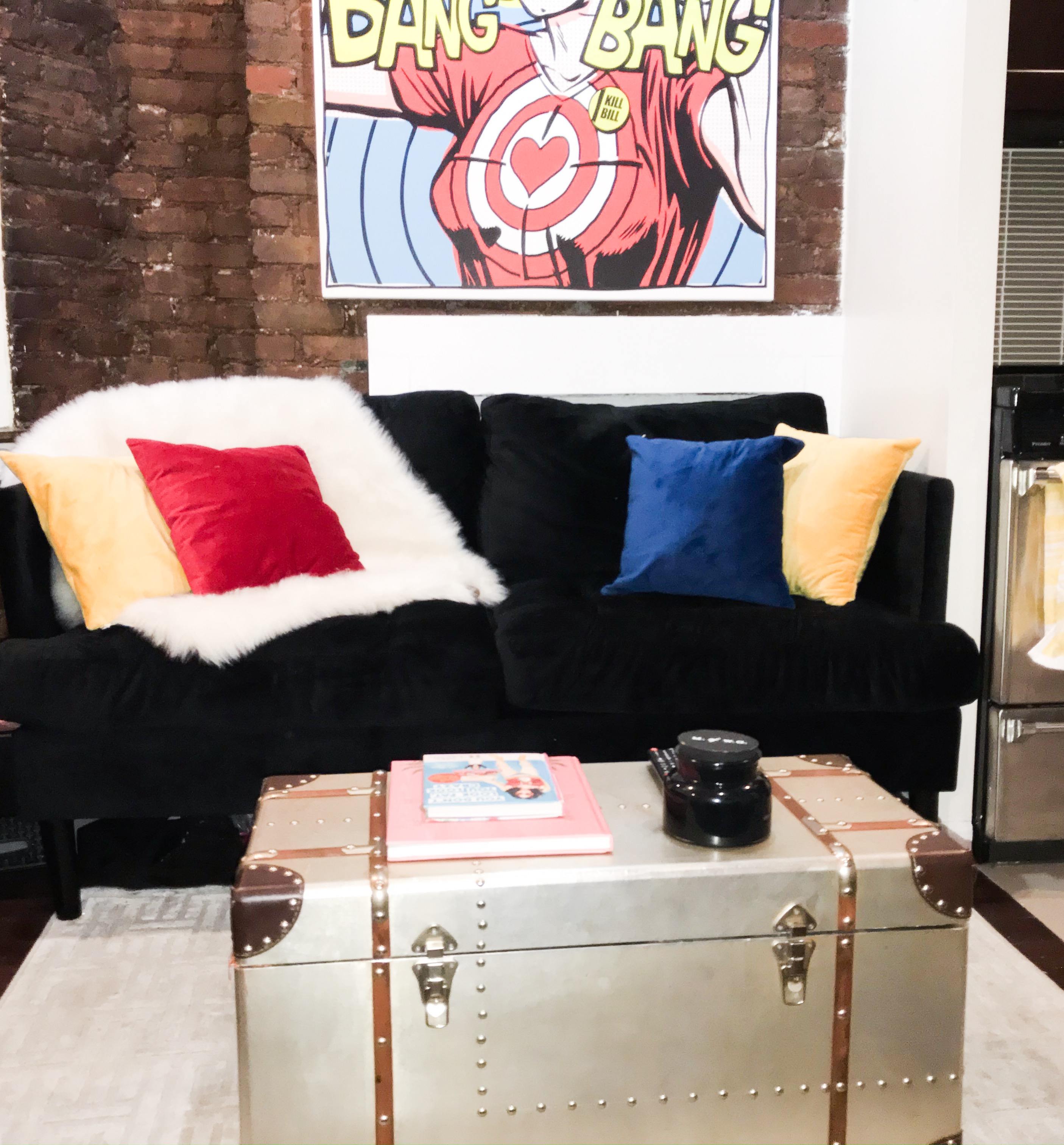Published November 08, 2021
A Low-Income Student’s Guide to Studying Away

It is very easy to go through life thinking you are the only one—the only one who has something that is out of your control to be insecure about. If you are like me, a low-income student who somehow ended up at NYU, it is easy to feel alone. But we are not alone, and we have the same opportunities as any other student. NYU truly is all about equal opportunities. Here’s what I learned during my journey from NYU’s campus in New York City to NYU Paris. It’s proof that even something as magical as studying away is possible for a low-income student here at the university without walls.

Research
It all starts with research. Figure out where you want to go and be objective. Financial aid follows you, but sites like NYU London may be more expensive than New York City, whereas sites like NYU Paris or NYU Berlin cost less. Look at your options. Then research that site’s visa and travel expenses. I recommend doing so as soon as possible and organizing what you learn as you go. I spent the academic year prior working a part-time retail job to save up for the visa process and expenses abroad. So saving and planning will take time, but it will be so worth it when you’re standing on top of the Eiffel Tower, literally.
How Do I Narrow It Down?
Make a personal checklist with all the things you are looking for in a study away site. What classes do you want to take? Do you want to learn a new language? Where do you want to travel? From that list, narrow down your options. Then, with what you have left, create a buzzkill checklist. This is another checklist with the site’s living costs, visa costs, and the like. Compare the costs to your own financial situation and narrow it down once more. By now you should have a short list of sites that fit the bottom line—affordability. And now you can return back to your original checklist and simply ask yourself, “Where do I want to go?”
Budgeting
It’s tiring but essential. Set a realistic budget. Budgets are not one-size-fits-all; figure out something that makes you happy and comfortable. It will make your experience much better and cut the stress in half. You’ll be in a new city, so it’s natural to want to shop, eat out, and experience things that cost money! You can make it work. The trick is being strategic about it so you have no regrets a week later. Stressing about finances can affect your performance in school and your mental health.
I have a personal weekly budget, and whatever I don’t spend that week, I set aside to reward myself later. I cook and meal prep during the school week, and I eat out on weekends. This is just what I do. I found what works for me and allows me to stay happy. Remember, a low-income student’s budget has to be realistic as well as rewarding. Otherwise, it will never work. We strive for incentives, so give yourself some.

Business AND Pleasure
While budgeting is the key to managing your semester away, your mental health is your priority. Sometimes that may include treating yourself to something that costs $$. Allow yourself things that bring you joy once in a while. You’re allowed to feel like you deserve nice things, and it’s OK to spoil yourself. You are there to study, but you are also there to have new experiences. Find a balance between the two, and make time for them both.

Community
Finding your people is the most important step in all of this. A strong support system is everything, and we cannot survive without one. It is important to be part of a community that recognizes and respects your limitations. At the end of the day, you will struggle if you don’t have one. You don’t need to disclose all your financial problems, but be clear that some luxuries aren’t an option. If you are candid (to the extent you are comfortable being so) from the start, you will avoid any future awkwardness that may make your new friendships difficult to navigate.
A strong foundation will make everything much easier. This might include an adviser or professor at your study away site. It doesn’t have to be a friend; sometimes it is easier to discuss this kind of stuff with someone older than you who can offer you perspective and be objective.
Final Thoughts
As a first-generation, low-income college student, I know what it’s like to feel like you don’t belong. Whether it’s because you don’t feel smart enough or because you can’t afford the same things as your peers, it’s important to acknowledge that you belong at NYU. What’s more, you belong at whichever study away site you wish to attend. Starting off on a playing field that is not leveled in your favor is difficult, but you are a fighter.




